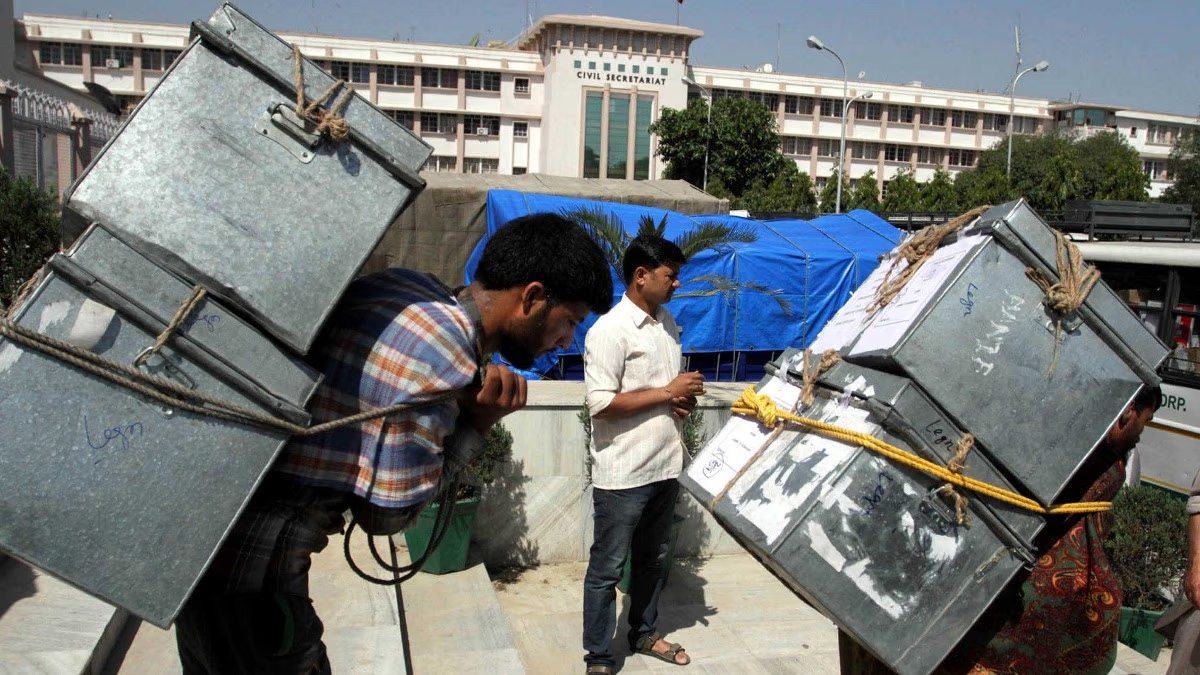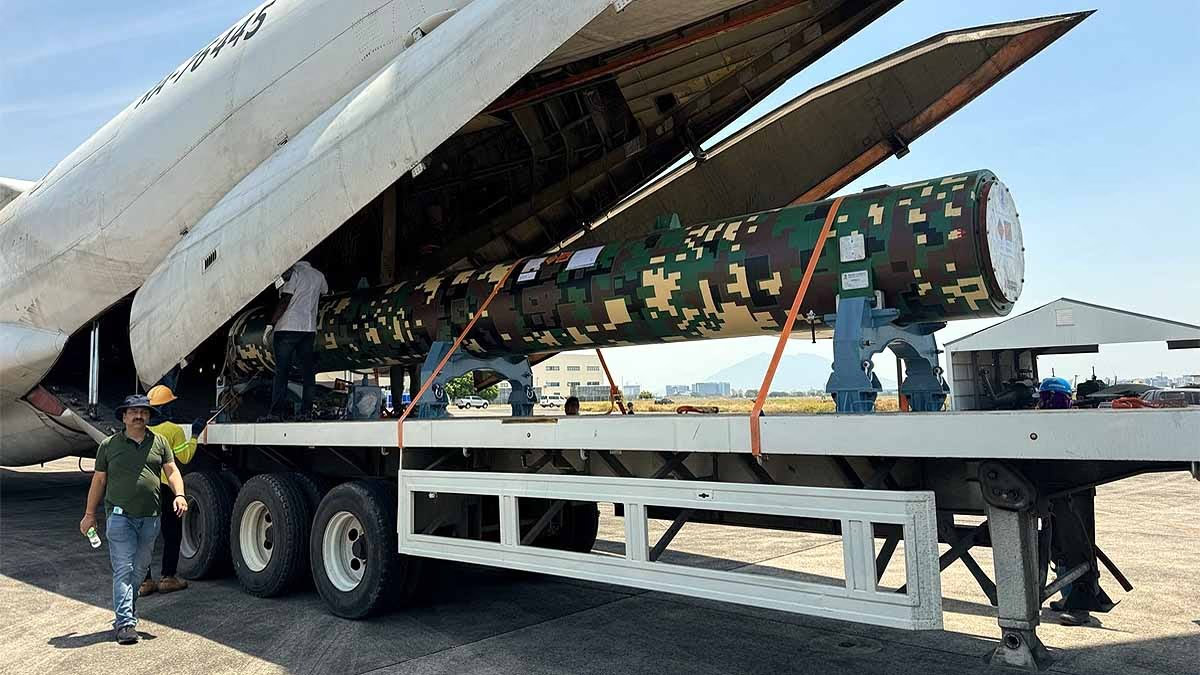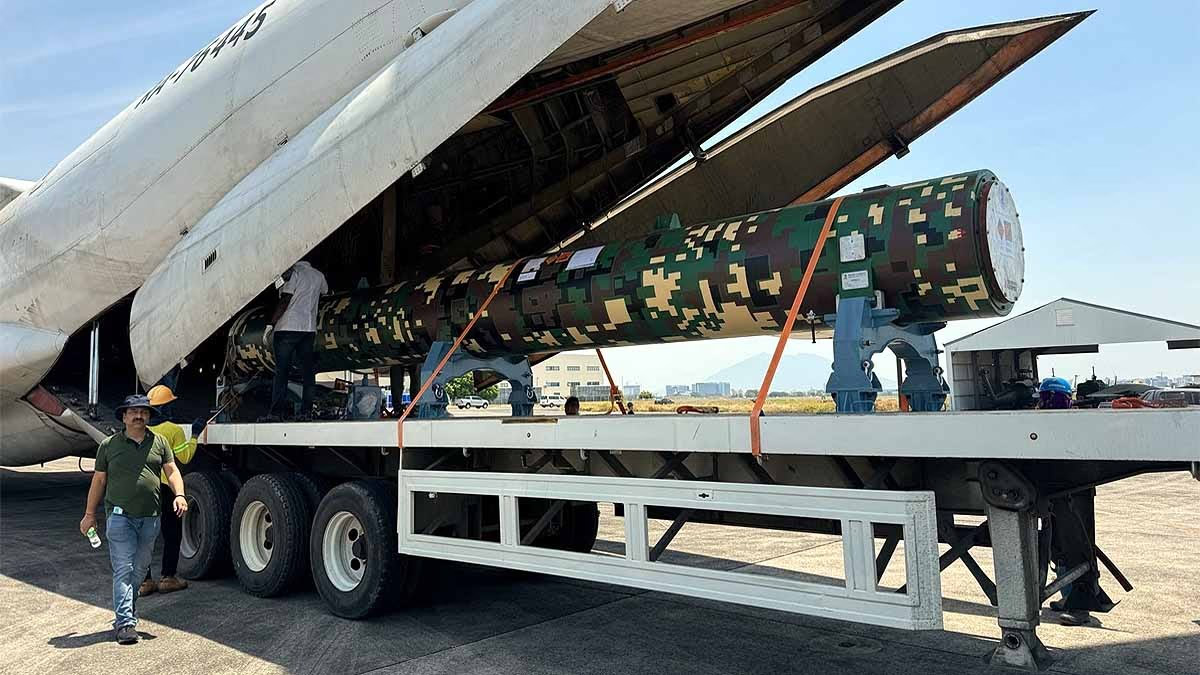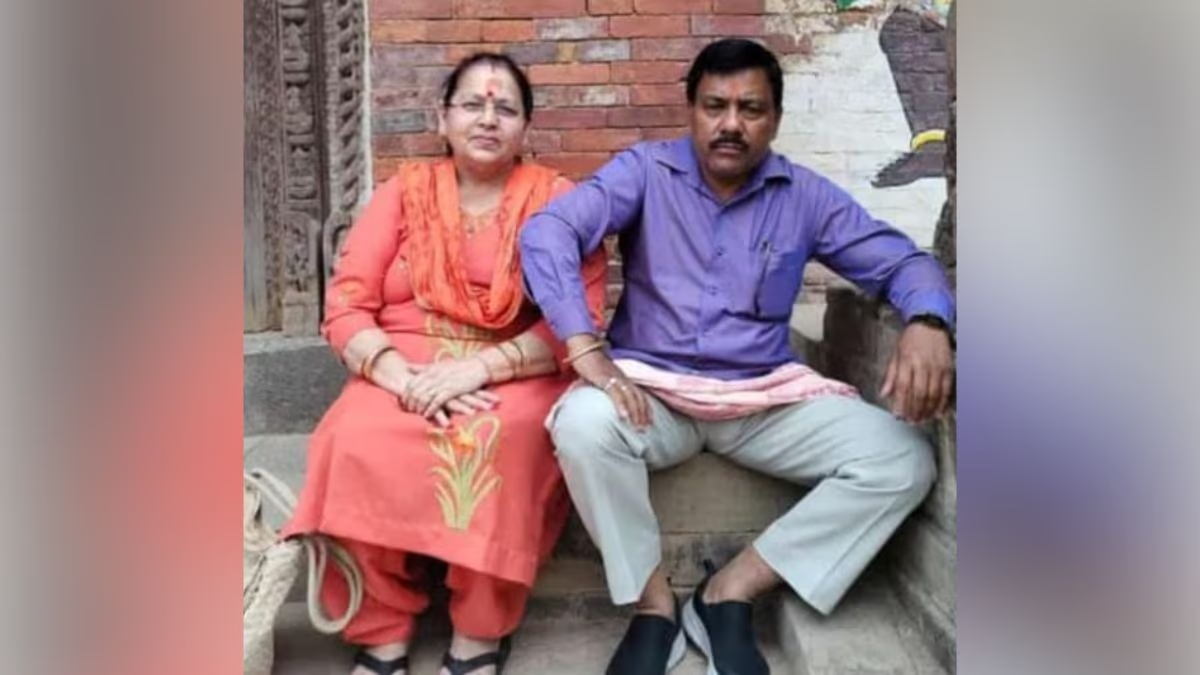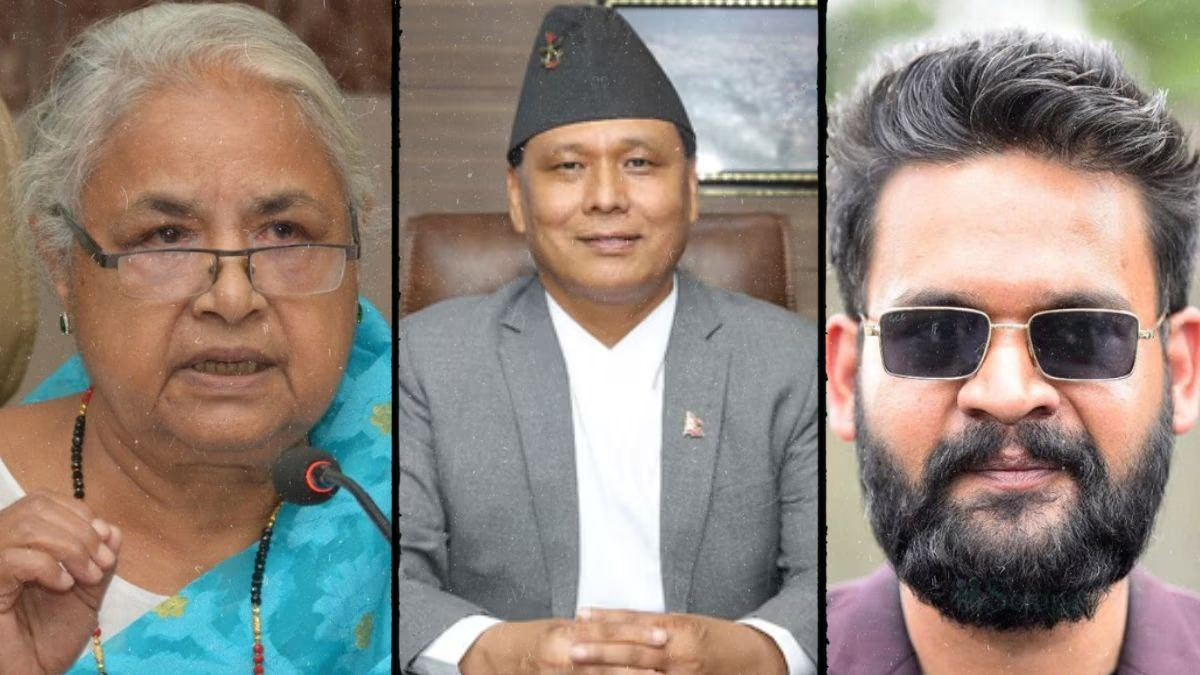After a decade, assembly elections are being held in Jammu and Kashmir. Voting for the 90 assembly seats will take place in three phases. All parties are making various promises in this election. One of these promises, made by parties like the National Conference, includes the restoration of Article 370 and the 'Darbar Move' tradition.
The National Conference has pledged in its manifesto to restore the 'Darbar Move.' Similarly, Altaf Bukhari's party has also mentioned reviving this tradition in their manifesto.
The 'Darbar Move' tradition in Jammu and Kashmir dates back over 150 years. It was abolished in July 2021. This tradition involved shifting the capital between Jammu and Srinagar during the summer and winter seasons respectively.
What Was the 'Darbar Move' Tradition?
In Jammu and Kashmir, this was an age-old tradition. Every six months, the capital would alternate between Jammu and Srinagar. During winter, the capital was Jammu, and in summer, it was Srinagar.
With each move, all essential government offices and the secretariat would shift from Jammu to Srinagar and vice versa. The capital moved to Jammu in the last week of October at the onset of winter and to Srinagar in the last week of April when summer arrived. From May to October, Srinagar served as the capital, while from November to April, Jammu did.
This practice of shifting the capital was known as the 'Darbar Move.' During these shifts, trucks loaded with files and equipment would travel the 300-kilometer long Srinagar-Jammu highway.
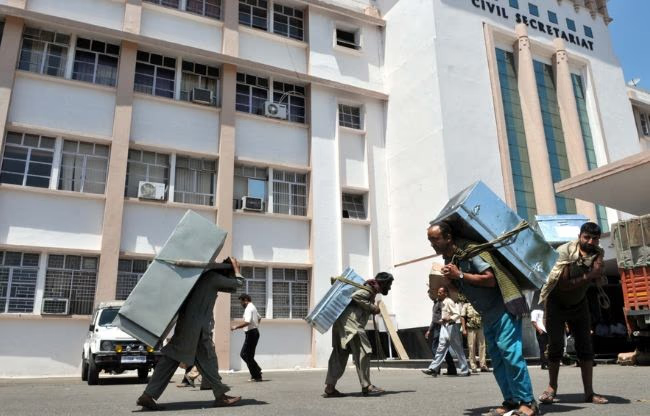
Source: aajtak
Also Read:
When Did This Tradition Begin?
The 'Darbar Move' tradition started in 1872 under the reign of Dogra ruler Maharaja Ranbir Singh in Jammu and Kashmir. It is generally believed that the decision to move the capital was made due to weather conditions.
However, political reasons were also believed to be behind it. In the 1870s, Russian troops were advancing towards Central Asia and even reached Afghanistan. The British feared Russia might eye the Kashmir Valley, so they initiated the 'Darbar Move.' Since then, the tradition began.
Documents indicate that in 1873 a treaty was signed between the British and Russians. Subsequently, in 1889, the British designated Kashmir as a frontier province. For the next 35 years, Maharaja Pratap Singh of Jammu and Kashmir was only a nominal ruler, with the British making all decisions. In 1924, when the British fear of Russians dissipated, the Maharaja was reinvested with his powers. However, he passed away in 1925, and Maharaja Hari Singh took charge of the princely state.
This tradition continued post-independence. In 1957, Bakshi Ghulam Mohammad also decided to make Srinagar a permanent capital, but it faced massive opposition. Then, in 1987, when Farooq Abdullah was the chief minister, he attempted to limit the tradition, keeping some departments in Jammu and others in Kashmir. However, there was significant opposition, leading to a 45-day shutdown in Jammu. Consequently, the government had to retract its decision.
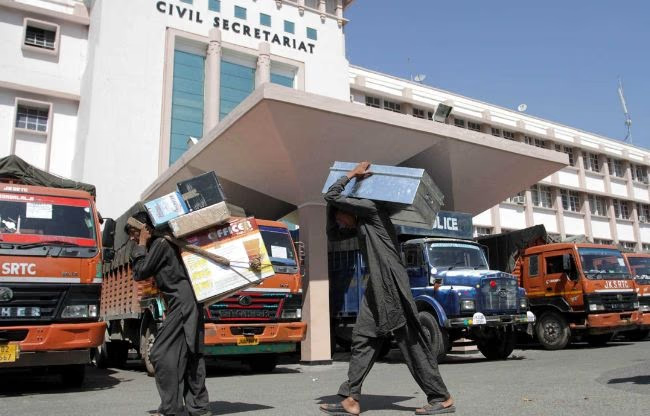
Source: aajtak
Why Was This Tradition Ended?
In May 2020, the Jammu and Kashmir High Court termed the 'Darbar Move' as a waste of time and asked the government to find a permanent solution. In June 2021, the government fully abolished the tradition. Now, Srinagar serves as the permanent capital with all government offices and the secretariat situated there.
One of the reasons for ending this tradition was economic. Shifting the capital twice a year involved spending crores of rupees. Jammu and Kashmir's Lieutenant Governor Manoj Sinha stated that ending the 'Darbar Move' would save about 200 crores annually.
An RTI revealed that between 2011 and 2020, over ₹15,800 crores were spent on capital shifts. Each year, more than 10,000 government employees had to move between Jammu and Srinagar.
Also Read:
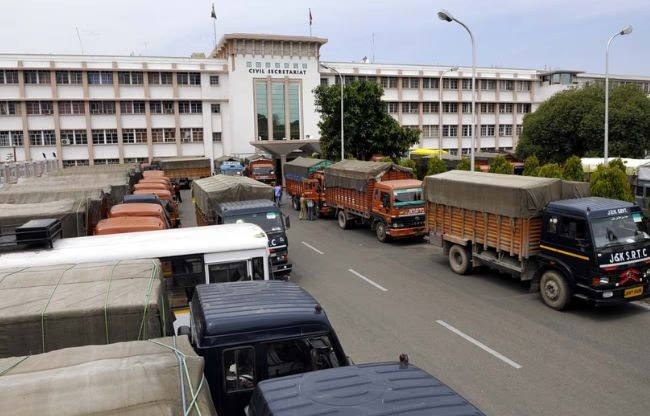
Source: aajtak
Why Has This Become an Election Issue?
Supporters of the 'Darbar Move' believe it maintained a connection between Jammu and Srinagar, fostering development in both regions.
Last week, former Chief Minister and National Conference leader Omar Abdullah stated that if elected, they would reinstate the 'Darbar Move.' The party's manifesto also promises this.
He argued that abolishing the 'Darbar Move' had crippled Jammu's economy, which significantly depended on the influx of government employees from Kashmir. These employees rented homes and spent money, boosting the local economy for six months of the year.
Omar Abdullah claimed that tourists no longer visit Jammu, stating that they land at the airport, drive to Katra for Vaishno Devi's pilgrimage, and then return without exploring Jammu.
This is why the promise to revive the 'Darbar Move' is being made to garner votes in Jammu. Opposition parties claim that the cessation of this tradition has caused significant economic loss to Jammu.
When Are the Elections in Jammu and Kashmir?
Voting for the 90 assembly seats of Jammu and Kashmir will occur in three phases. The first phase involving 24 seats will be held on September 18, the second phase involving 26 seats on September 25, and the third phase involving 40 seats on October 1. Election results will be declared on October 8.
